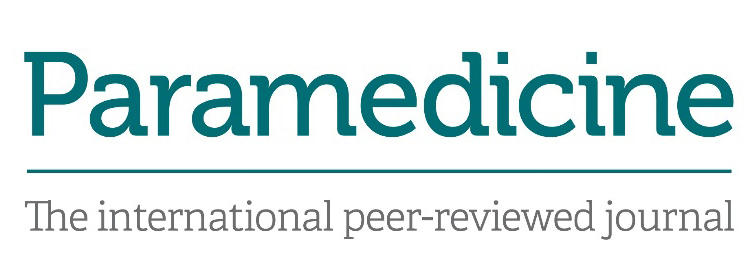|
Title Managing Agitation in Emergency Medical Services for Older Adults: A Qualitative Exploration in Alberta, Canada Authors Fatima Shah, Grace Lew, Ryan Lee, Krista Reich, Kathryn Crowder, Ian Blanchard, Zahra Goodarzi Introduction Emergency medical services (EMS) paramedics are often the first point of contact for agitated older adults, providing critical lifesaving support and transport to the emergency department. However, there is limited knowledge around agitation management and restraint use in older adults by EMS. Objective We aim to explore the scope of paramedics’ experiences with management of agitation and restraint use in older adults. Methods Paramedics (n=30) employed in Alberta participated in semi-structured interviews regarding their perspectives on agitation, physical/chemical restraint use for older adults in EMS, and non-restraint alternatives for agitation management. We analyzed the data using thematic analysis and deductive coding to the theoretical domains framework that links to the behaviour change wheel to identify key barriers to agitation management. Results Paramedics reported inadequate training and support, especially for managing agitation in older adults. The decision to use restraints is often collaborative between professionals on scene, and requires careful balance of risks, benefits, and ethical considerations. Restraints are considered a necessary safety measure but are often used as a last resort after all other agitation management strategies have failed. Communication and de-escalation strategies were commonly used, however, paramedics identified several environmental and systemic barriers (unpredictable environments, limited resources, lack of de-escalation training), as well as patient specific challenges (communication difficulties, altered mental status, comorbidities), leading to greater restraint use and burnout. Conclusions These findings highlight challenges faced by paramedics in the EMS system in managing agitation in older adults, emphasizing the need for improved education and training, systemic support, and resources to reduce restraint use. |
Fatima recently graduated with a Master of Science specializing in health services research from the University of Calgary. Her thesis focused on exploring the management of agitation in older adults in emergency medical services, drawing on a




